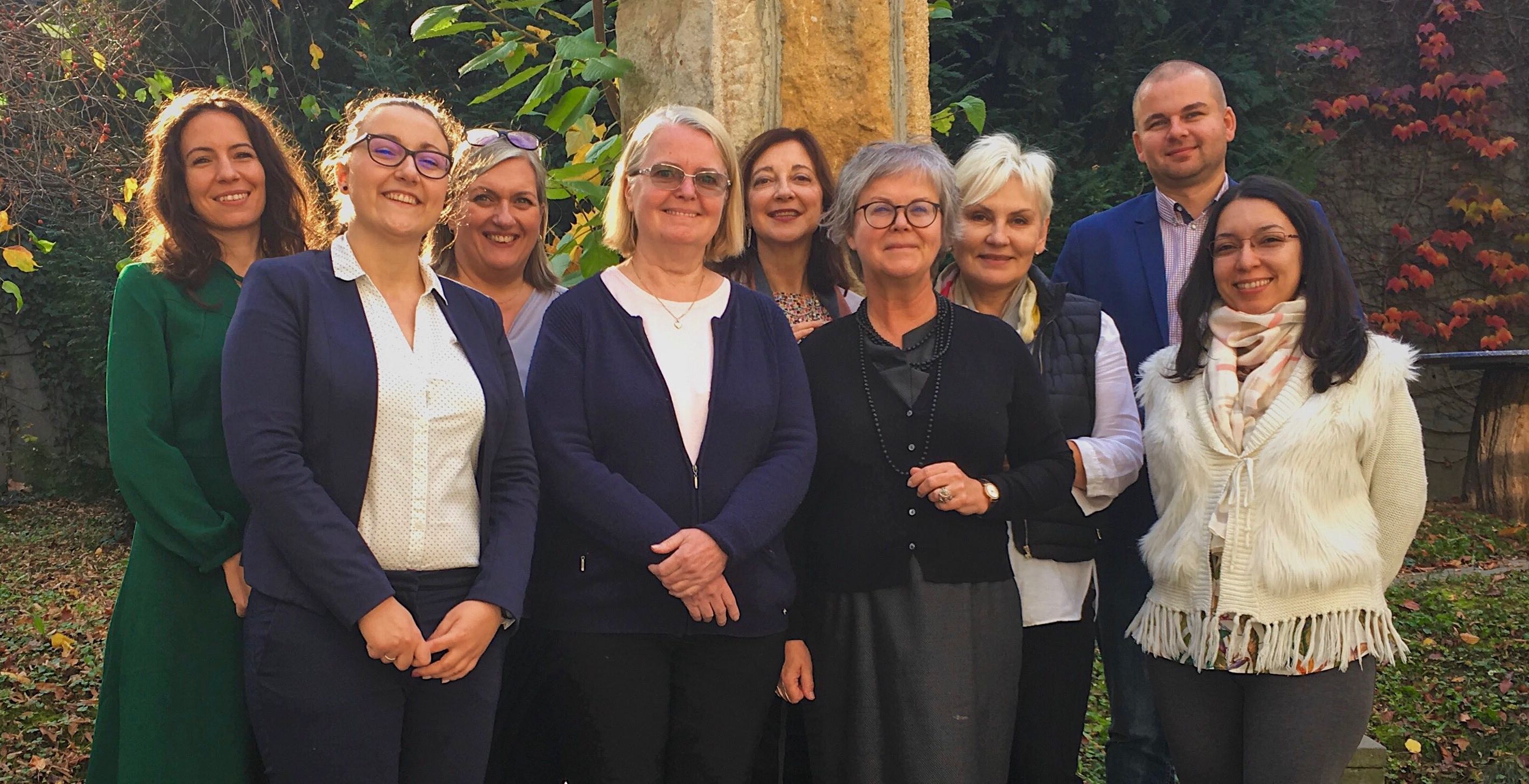All of the three project partners are involved in patient safety programs for many years now, they all lead national level activities in their countries and they are also participants of the Patient Safety Joint Action.
Project Coordinator:
Project Partners:
- Polish Society for Quality Promotion in Health Care (Poland)
- The Spanish Ministry of Health, Consumer Affairs and Social Welfare (Spain)
More about the project partners

Hungary (HU), as the coordinating country – represented by the Semmelweis University Health Services Management Training Centre (SU HSMTC) – is greatly dedicated to education: in the past 3 years, the Patient Safety Division of Semmelweis University organised more than 500 hours net of lecturing in patient safety, reaching out to approx. more than 1400 people working in healthcare (mostly physicians and nurses). As part of a management institute, the division has both the educational and management knowledge and skills to successfully coordinate the current project.
The partner organisation Polish Society for Quality Promotion in Health Care (Towarzystwo Promocji Jakości Opieki Zdrowotnej w Polsce – TPJ) from Poland (PL) adds great value in the field of patient safety and healthcare quality to the project. As a former partner in the DUQuE project, TPJ coordinated field studies, which experience could be used in designing and executing on-site testing of educational methodology. Members of TPJ are also involved in education as experienced lecturers and are active in EU-level processes as members of the EU Patient Safety and Quality of Care Expert Group, which connection is a significant resource in the expected EU-level dissemination of the developed patient safety educational methodology.
However, in order to increase professionalism and eliminate the distortion caused by inner blindness coming from both countries being Eastern-European, a need for a Western country’s involvement did arise, thus Spain (ES) was invited to the project. The Spanish Ministry of Health, Consumer Affairs and Social Welfare (earlier: Ministry of Health, Social Services and Equality) has vast experience in patient safety education as it already has running programs on both BSc and MSc higher educational levels. The Spanish partner guided and supported the two Eastern-European countries with professional advice on educational methodology development and also took an important part in evaluating survey and educational feedback results.
The task distribution was the following: The professional concept, management, and coordination was the duty of the Semmelweis University HSMTC. The detailed professional concept, the basis of methodology and the final recommendations on the methodology involved all participant partners as equals, with the same conditions. Furthermore, Eastern-European (HU, PL) countries were responsible for on-site testing and gathering results and feedback from the involved test sites; whereas Spain participated as a professional consultant and also as leading partner in the evaluation of the results.

